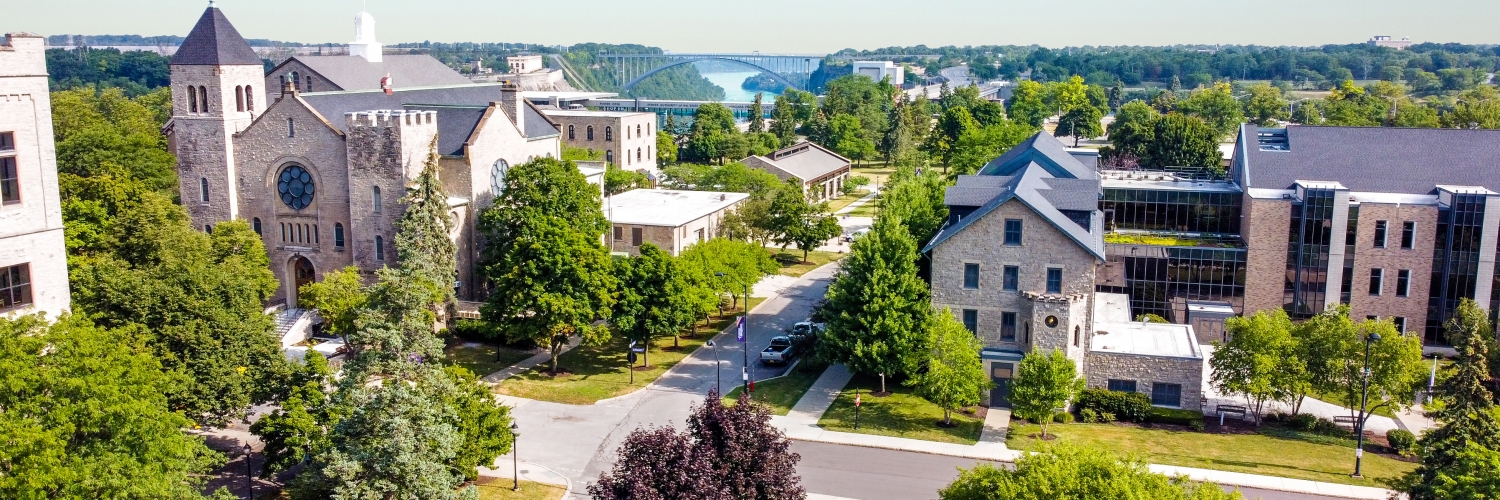Placement Procedures
Placement Requirements
Students must be in at least the third semester of study (2nd year).
Students must have successfully completed prerequisite courses:
- EDU 651 Introduction to Counseling
- EDU 654 Counseling Theory
- EDU 673 Foundations and Ethics in Mental Health Counseling
- EDU 658 Advanced Counseling Techniques
Note: That EDU 651 and 654 are prerequisites for EDU 658. In EDU 658, students must successfully complete the Mid-Point Assessment in order to proceed to EDU 679 Practicum.
All field placement courses are cohort based and are taken in sequence. They must be successfully passed before enrolling into the next level:
- EDU 679 Mental Health Internship
- EDU 685 Mental Health Internship I
- EDU 686 Mental Health Internship II
- EDU 687 Mental Health Internship III
Note: When students successfully complete Practicum (EDU 679), they proceed to Internship I (EDU 685) in the spring, Internship II (EDU 686) the subsequent fall, and Internship III (EDU 687) the following spring.
Process for Placement
- Applications for practicum and internships are done in the semester before the placement begins.
- Students will work with their Field Placement Coordinator to determine appropriate sites. Students can request possible locations, specific age groups, and work with the Field Placement Coordinator to secure the desired site.
- The Field Placement Coordinator checks that the student has met the conditions for placement and ensures new sites meet program requirements.
- Upon successful interview and agreement from the site supervisor and university, the field coordinator contacts site supervisors to arrange a training agreement review and signing, and to discuss start dates. The meetings can be completed in-person or virtually, depending on the supervisor's preference.
- Before the start of the semester, the field placement coordinator will review all necessary forms with you, as well as discuss each party's responsibilities, program requirements, and answer any questions you may have.
- Any questions before and during the semester can be directed to the Placement Coordinator.
- After the start of the semester, communication is primarily through the field placement coordinator, and if needed, the professor teaching the seminar. You may contact the field placement coordinator regarding student progress, performance evaluations, and any concerns you may have.
